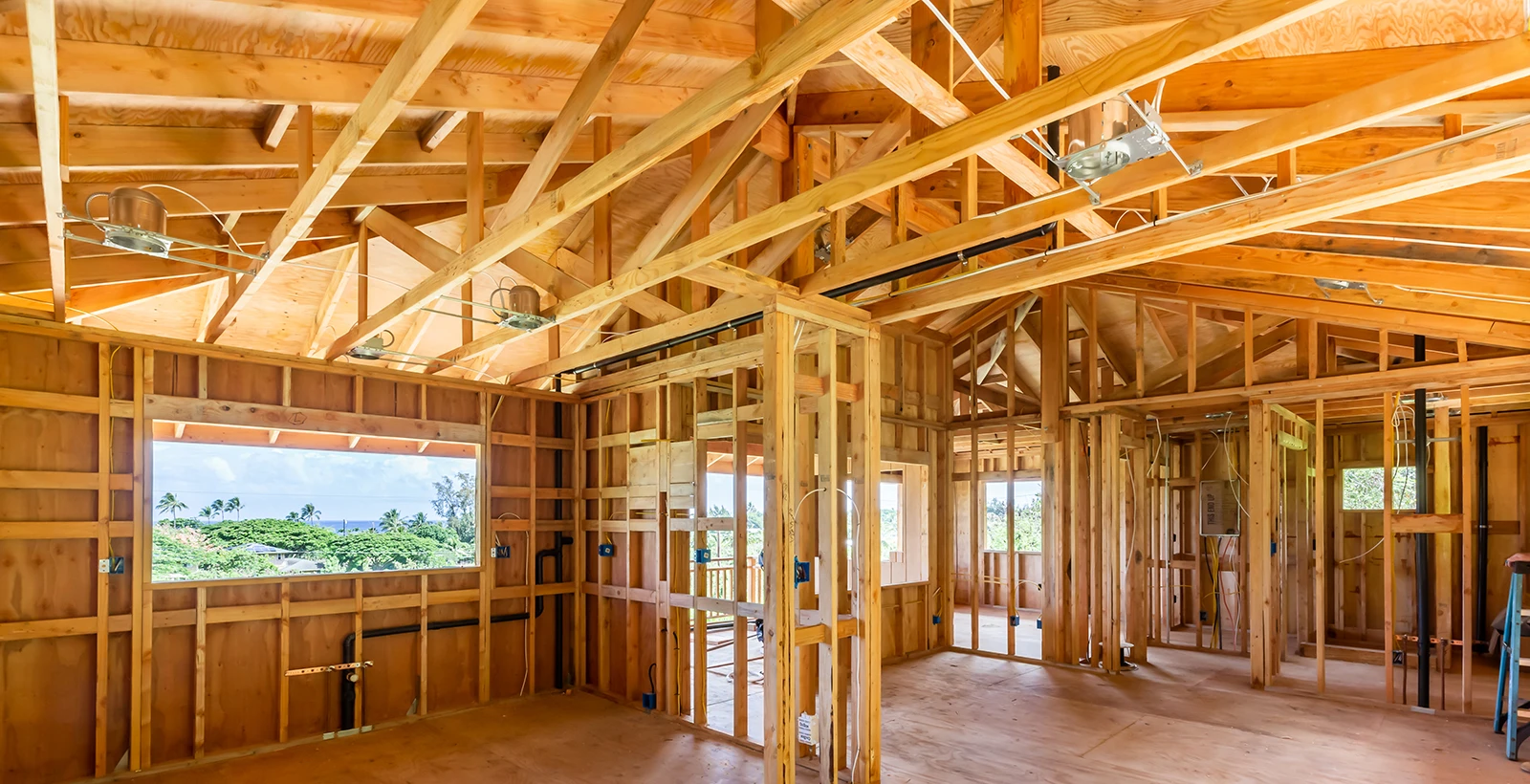How Much Money Should You Expect to Save by Building Your Own Home
Understanding the Potential Savings of Building Your Own Home
Building your own home can be one of the most rewarding experiences of a lifetime, not just emotionally but financially as well. The potential cost savings when you take on the role of an owner-builder are significant, making it one of the primary reasons people choose this path.

By eliminating certain fees, managing the project yourself, and carefully selecting materials, you can save a considerable amount compared to hiring a traditional custom home builder. But how much money should you expect to save, and what are the key factors that influence these savings?
Eliminating the Builder Fee
One of the most significant opportunities for savings when building your own home is the elimination of the builder fee. Typically, an established and reputable custom home builder charges a fee of cost plus 20%. This fee, while standard, significantly increases the overall cost of building a custom home. By choosing to be an owner-builder, you completely bypass this expense, allowing you to allocate those funds directly into your project.
Eliminating Builder Change Order Fees
There will be changes you want to make to your custom home during construction. You will not be the first person ever to build a custom home and not make any changes. By directly managing relationships with subcontractors and suppliers, you can avoid the often-costly change order fees that come with having a traditional custom home builder acting as the “middleman”. As the direct point of contact, you can negotiate modifications and adjustments in real-time, preventing delays and extra charges.
Hands-On Involvement
No builder will go to the lengths that you will to save money on your custom home. Builders typically won't hunt for deals, negotiate with vendors, or competitively bid out every aspect of the project. An active shopping and bidding approach can lead to substantial savings that a typical builder simply wouldn’t prioritize.
Taking a hands-on approach also opens the door to potential labor savings. This is where "sweat equity" comes into play. Sweat equity refers to the value of the work you contribute to your project through your own effort and labor. By taking on tasks you’re comfortable with and qualified to do—whether it's painting, installing hardware, landscaping, or managing specific aspects of the construction—you can dramatically reduce the costs associated with hiring subcontractors. Every task you complete yourself means less money spent on hired help, directly translating into savings.
In addition to the physical work, acting as your own project manager allows you to save even more. Typically, a traditional custom builder would hire a superintendent to oversee your build, which adds to the overall cost. By managing the project timeline, contractor schedules, and budgeting yourself, you eliminate these additional expenses. This hands-on involvement ensures that you maintain control over every aspect of your build, making it both a financially and personally rewarding experience.
Flexibility in Material Selection
Another major area for potential savings is material selection. As an owner-builder, you have the freedom to shop around, compare bids, and take advantage of sales and discounts on materials. You’re not tied to a contractor’s preferred vendors or suppliers.
Furthermore, being involved in the ordering and purchasing process allows you to minimize waste and reuse or recycle materials where possible. This not only saves money but also makes your build more environmentally friendly.
Potential Challenges and Considerations
While the savings can be substantial, it’s essential to consider the challenges of being an owner-builder. Time commitment, locating reputable vendors and contractors, understanding the building process, construction financing, and risk management are all factors that can impact the overall success of your project. It’s important to weigh these challenges against the potential savings to ensure that building your own home is the right choice for you.
For a more in-depth discussion of these challenges, you can refer to our blog on Building Your Dream Home: Custom Builder or Owner-Builder
Empowering Your Owner-Builder Journey with Built Green Custom Homes
At Built Green Custom Homes, we understand the complexities of the owner-builder journey, and we’re here to support you every step of the way. Our goal is to provide you with the tools, knowledge, and resources necessary to make your home-building experience both successful and cost-effective.
To help you navigate this process, we offer Free Building Classes designed to equip you with the essential skills and understanding needed to manage your build confidently. These classes cover everything from planning and budgeting to construction techniques, ensuring you’re well-prepared for each stage of the project.
For financing, we provide Owner Builder Financing Options that are tailored to meet the specific needs of owner-builders. This includes access to construction loans and 1x Close loans, which simplify the financing process and give you greater control over your budget.
We also supply a detailed building schedule that outlines every step of the construction process. This schedule helps you stay on track, manage timelines effectively, and coordinate with subcontractors and suppliers.
Our comprehensive construction manual serves as a step-by-step guide to the building process. It’s filled with expert advice, tips, and best practices that ensure you’re fully informed and capable of making the best decisions for your project.
By empowering owner-builders with these valuable resources, we help you maximize your savings while ensuring a smooth and successful home-building experience. Contact us today to learn more about how we can help you achieve your dream home on your terms.
Frequently Asked Questions
Do I need prior construction experience to be an owner-builder?
Many successful owner-builders start with little to no experience but invest time in learning the process, attending classes, and seeking advice from experts. Partnering with a supportive program like Built Green Custom Homes can provide you with the knowledge and resources you need to succeed.
Can I still hire professionals for certain tasks if I’m an owner-builder?
Absolutely. As an owner-builder, you have the flexibility to decide which tasks you want to take on yourself and which ones you’d prefer to leave to professionals. For example, you might choose to manage the overall project but hire subcontractors for specialized work like plumbing, electrical, or roofing.
Can I make changes to the design of my home during construction?
Yes, one of the benefits of being an owner-builder is the ability to make changes during construction. However, it’s important to consider the potential costs and delays associated with these changes. Directly managing the project allows you to negotiate with subcontractors to minimize these impacts.
What support is available to me if I choose to be an owner-builder?
We offer extensive support for owner-builders, including free building classes, financing options, and access to a comprehensive construction manual. Additionally, joining online communities or forums for owner-builders can provide you with valuable advice and encouragement from others who have taken the same path.
Is it possible to build a custom home on a budget?
Yes, building on a budget is possible with careful planning and strategic decision-making. By choosing cost-effective materials, doing some of the work yourself, and managing the project efficiently, you can significantly reduce the overall cost of your custom home without compromising on quality.
How do I find reliable subcontractors and vendors?
Finding reliable subcontractors and vendors involves research, networking, and possibly seeking recommendations from other owner-builders or industry professionals. It’s important to vet potential subcontractors thoroughly, checking references and reviewing their previous work to ensure they meet your standards.
Questions? Comments? Contact Us for more information


 Free Building Classes
Free Building Classes




